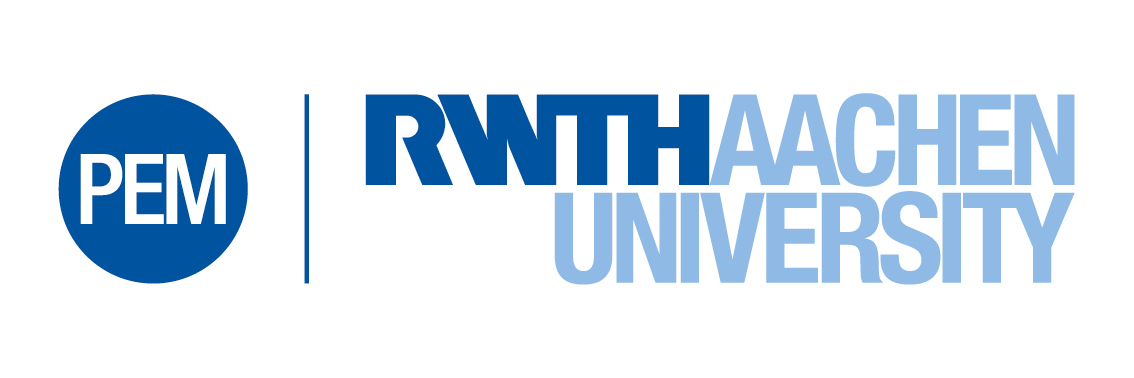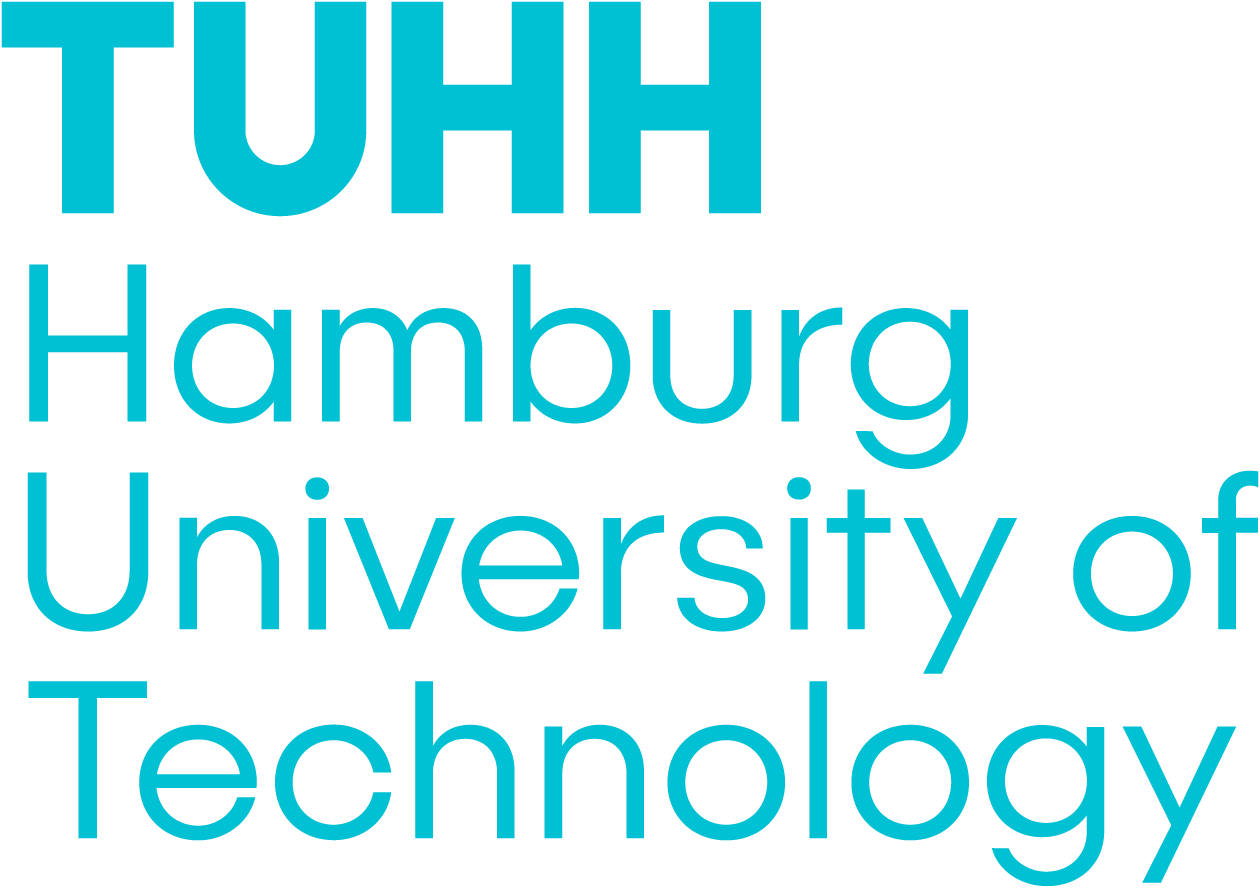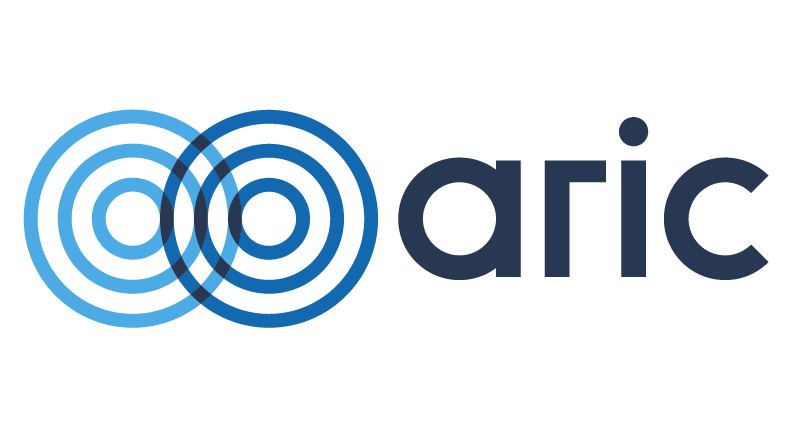Conference in Berlin, March 6-7, 2025
Registration
Registration is now open for the conference. We invite all attendees to secure their participation by registering through the following link: Register Here.
About the Conference
Cyber-physical systems possess the capability to adjust to evolving demands. When coupled with machine learning, for advanced automation and autonomy in various domains like predictive maintenance, self-optimization, and fault diagnosis spring to mind. An essential condition for exploiting this efficiency potential is the accessibility of machine learning techniques to engineers.
Therefore, the 8th Machine Learning 4 Cyber Physical Systems – ML4CPS – conference offers researchers and users from various fields an exchange platform. The conference will take place March 2025, 6th till 7th at the Fraunhofer Forum in Berlin. Hosts are Fraunhofer IOSB, Helmut Schmidt University, Hamburg University of Technology and the Chair of Production Engineering of E-Mobility Components (PEM) of RWTH Aachen.
Papers may cover, but are not limited to the following topics:
- Generative AI for CPS: Technologies like large language models facilitate human-like interactions with machines. This unlocks novel opportunities for intelligent automation and the increase of the overall performance and functionality of cyber-physical systems.
- Automated Modelling: Developing and using models to learn behaviors and structures of cyber-physical systems. This includes intelligent methods to integrate prior and domain-knowledge as well as engineering approaches.
- Industrial AI: Integrating AI into manufacturing processes can help to optimize them and enhance operational efficiency. Integrating AI into legacy systems and existing infrastructure is still a major challenge.
- Edge AI: This involves running AI algorithms directly on local devices, which enables real-time data processing. Main challenges are energy efficiency and limited computational resources.
- Self-supervised learning: Minimizing the reliance on large, labeled datasets for machine learning is a key focus when examining production data. Techniques that allow models to learn from unlabeled data are essential.
Agenda
Day 1: March 6, 2025
09:00 – 09:30:
- Registration and Welcome Coffee
09:30 – 10:15: Keynote: „ML in Production: Challenges and Solutions“ (Merantix Momentum)
10:15 – 10:45: Break
10:45 – 12:15: Session 1 (Alexander Diedrich)
- 10:45 – 11:15: Rui Yan Li – Deep learning-assisted real-time defect detection and process control for electrode manufacturing of lithium-ion battery cells (RWTH Aachen)
- 11:15 – 11:45: Christian Wittke – Challenges and Opportunities in Developing INN-Based Control Systems for Modular Drones (Helmut Schmidt University)
- 11:45 – 12:15: Magnus Redeker – Towards Adaptive Traffic Signal Control through Foundation Models and Reinforcement Learning (Fraunhofer IOSB-INA)
12:15 – 13:30: Lunch Break
13:30 – 15:00: Session 2 (Christian Kühnert)
- 13:30 – 14:00: Maximilian Schmidt – Assessing Robustness in Data-Driven Modeling of Cyber-Physical Systems (Hamburg University of Technology)
- 14:00 – 14:30: Nemanja Hranisavljevic – A Model Learning Perspective on the Complexity of Cyber-Physical Systems (Fraunhofer IOSB-INA)
- 14:30 – 15:00: Silke Merkelbach – Challenges and Opportunities in Model Creation with LLMs (Fraunhofer IEM)
15:00 – 15:30: Break
15:30 – 17:00: Session 3 (Swantje Plambeck)
- 15:30 – 16:00: Negar Arabizadeh – How to quantify the maturity of production processes (Karlsruhe Institute of Technology)
- 16:00 – 16:30: Wenjie Huo – An Illumination Based Backdoor Attack Against Crack Detection Systems in Laser Beam Welding (Free University Berlin)
- 16:30 – 17:00: Jan Lukas Augustin – Division of Labor in CPS Anomaly Detection: Balancing Models, LLMs, Data Scientists, and Users (Helmut Schmidt University)
- 17:00 – 17:30: Vivek Ramji – Efficient Sparse Reconstruction-Based Hashing for Large-Scale Approximate Nearest Neighbor Search (Stony Book University)
19:00: Restaurant Aposto, Monbijouplatz 12 (self-payment)
Day 2: March 7, 2025
09:00 – 09:15:
- Welcome and Start of the Day
09:15 – 10:00: Keynote: “Data Toxicality: A Techno-Philosophical Inquiry into Digital Harm” (Gerhard Schreiber, Helmut Schmidt University)
10:00 – 10:30: Break
10:30 – 12:00: Session 4 (Rui Yan Li)
- 10:30 – 11:00: Magnus Redeker – Towards AI-Powered Creation, Enrichment, and Integration of Digital Twins for Innovative Smart Factories Across Their Entire Lifecycle (Fraunhofer IOSB-INA)
- 11:00 – 11:30: (Jonas Ehrhardt) – Using Gradient-based Optimization over Neural Networks for Finding Optimal Parameters for Ultrasonic Welding (Helmut Schmidt University)
- 11:30 – 12:00: Christian Frey – A Hybrid Unsupervised Learning Strategy for Monitoring Soft-Kinematic Manipulators in Advanced Manufacturing (Fraunhofer IOSB)
12:00 – 13:00: Lunch Break
13:00 – 14:30: Workshop on Hybrid System Learning (Open for Everyone)
- The workshop aims at strengthening the collaboration and exchange between different institutions working on topics related to model learning methods for hybrid systems. Individual research groups approach this topic from diverse perspectives, e.g., from an application perspective, from a tool perspective, or from a fundamental or formal perspective. The goal of this workshop is to exchange on the problem of Hybrid System Learning from all these perspectives, potentially solving existing open problems in the individual approaches and empowering joint research and collaboration.
- Workshop Organizers: Swantje Plambeck (Hamburg University of Technology), Nemanja Hranisavljevic (Helmut Schmidt University)
Conference Location
Fraunhofer Forum Berlin
Anna-Louisa-Karsch-Straße 2
10178 Berlin


Hosts




Important Dates
Paper Submission: December 20, 2024 January 17, 2025
Reviewer Feedback: January 31, 2025
Notification of Acceptance: February 11, 2025
Camera-Ready Submission: February 28, 2025
Submission Guidelines
Papers are chosen on a peer-review basis and accepted papers are published by the Helmut Schmidt University Press (openHSU) accompanied by a unique DOI. Papers with commercial character will not be taken into consideration. The length of the papers should not exceed 10 pages.
Please use the following template for your submission:
Paper Submission will be handled via easychair:
For additional details and submission guidelines, please refer to
Committee
General Chairs:
Prof. Jürgen Beyerer, Fraunhofer IOSB
Prof. Oliver Niggemann, HSU
Prof. Achim Kampker, RWTH Aachen
Prof. Görschwin Fey, TUHH
Alois Kritl, ARIC
Organising Committee:
Christian Kühnert, Fraunhofer IOSB
Alexander Diedrich, HSU
Rui Yan Li, RWTH Aachen
Phillip Johann Overlöper, HSU
Program Committee:
Volker Lohweg, HS-OWL
Alexander Fay, HSU
Alexander Windmann, HSU
Ingo Pill
Alexander Maier, HS Bielefeld
Kaja Balzereit, HS Bielefeld
Silke Merkelbach, Fraunhofer IEM
Marcel Drescher, RWTH Aachen
Idel Montalvo, IngeniousWare GmbH
Andreas Schwung, Fraunhofer IOSB
Previous Conferences
Letzte Änderung: 6. March 2025